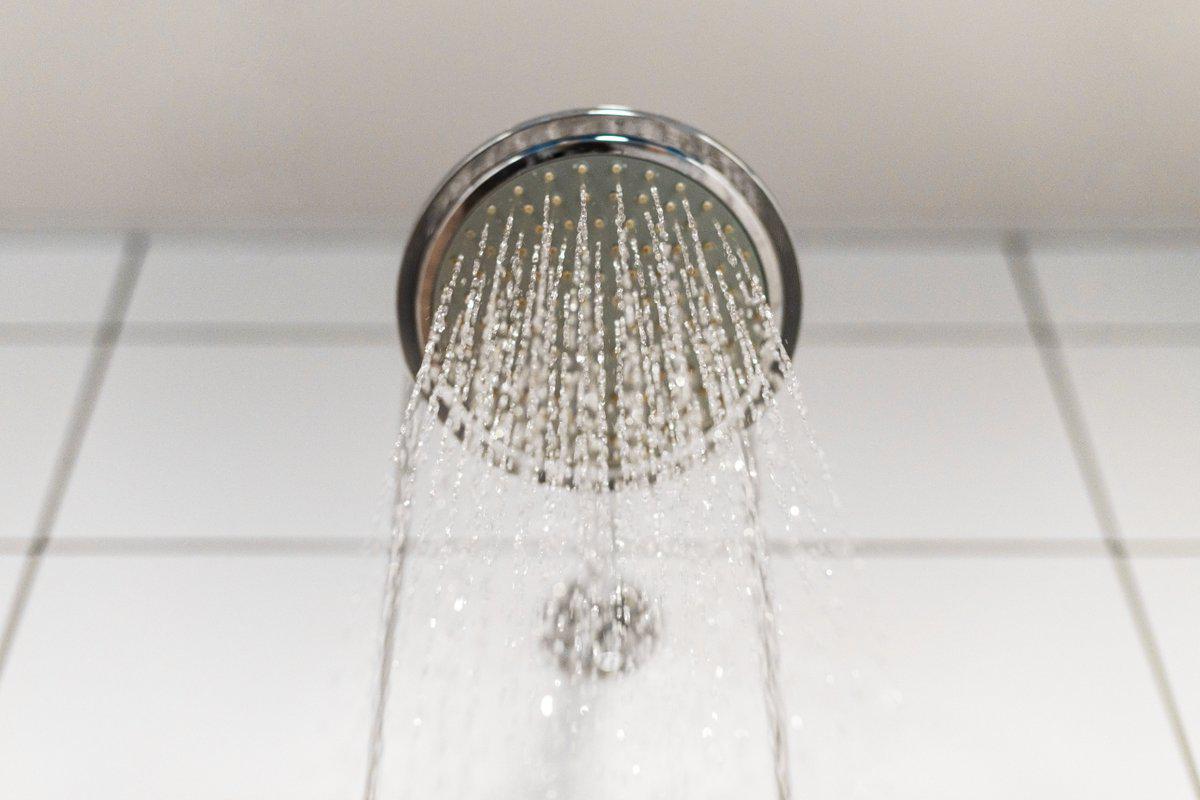
Dry weather in North Texas doesn’t always feel urgent at first. But when rainfall stays low and heat continues to rise, the impact quickly shows — in your yard, on your utility bill, and even in your plumbing system. Conserving water during a drought isn’t about making drastic sacrifices; it’s about spotting waste early, making small changes, and using water where it counts most.
Spotting Everyday Waste Before It Grows
When water restrictions are in place, even small leaks work against your conservation goals. A faucet dripping once every second can waste about 2–3 gallons per day. Add a few more slow leaks in other places, and the loss adds up. Check around the base of toilets, under sinks, and near outdoor spigots for signs of moisture. Fixing small leaks now prevents bigger problems later and keeps water from quietly draining away without you realizing it.
Smarter Lawn Watering Without Guesswork
A dry lawn might look like it needs daily watering, but most grass types in North Texas do better with deep watering twice a week rather than light watering every day. Shallow watering evaporates quickly, leaving roots thirsty. Water early in the morning, when the air is cooler and the soil holds moisture longer. Watering in the evening can encourage lawn fungus in humid conditions, while midday watering wastes water to evaporation. Also, avoid watering on windy days — wind can blow water off target and onto sidewalks or driveways. Adjust sprinkler timing and aim to ensure you’re not wasting water where it’s not needed.
Washing Dishes and Laundry With Less Waste
Large appliances make life easier, but they can waste water if not used efficiently. Wait until you have a full load before running the dishwasher or washing machine. Most newer dishwashers can handle light food residue, so scrape plates instead of rinsing them under running water. For laundry, choose the smallest load size that fits your clothes. Using cold water won’t save water, but it will save energy — a worthwhile bonus during high-demand summer months.
Getting Serious About Shower Habits
Showers account for a large portion of indoor water use. Cutting just two minutes off a shower can save several gallons. Multiply that by everyone in your household, and the savings add up fast. You can also turn the water off while shaving or letting conditioner soak. Installing a low-flow showerhead is another quick fix — modern models maintain good pressure while using fewer gallons per minute.
Toilet Habits That Make a Real Difference
Toilets are a top source of indoor water use, especially if you have older models that use 3+ gallons per flush. High-efficiency or dual-flush toilets reduce that to around 1.28 gallons per flush. If replacing a toilet isn’t in your budget, install a safe displacement device (not a brick, which can damage the tank) to reduce water per flush. And avoid using the toilet as a trash bin — flushing tissues, wipes, or other small waste items wastes water unnecessarily.
Using Greywater Where It Counts
Greywater is gently used water from sinks, showers, and washing machines. While not drinkable, it can be reused for tasks like watering plants or flushing toilets. If your local regulations allow it, you can set up a simple system with diverter valves and filters. Always check Texas and city-specific codes before installing a permanent greywater setup, as there are safety and plumbing guidelines to follow. Even without a system, you can collect water in a bucket while waiting for your shower to heat and use it for outdoor plants, or reuse produce rinse water in your garden.
Finding Leaks Outside Before They Cost You
Not all leaks are indoors. Dripping hose bibs, damaged hoses, and misaligned sprinkler heads can waste hundreds of gallons during the summer. Inspect outdoor plumbing every couple of weeks during drought season. Replace cracked hoses, adjust sprinkler heads to avoid watering pavement, and watch for standing water near hose connections — a possible sign of underground leaks.
Small Changes Inside That Add Up Fast
Daily habits often waste water without us realizing it. Letting the tap run while brushing your teeth or washing vegetables can waste dozens of gallons per week. Turning the water off during these moments is one of the easiest ways to save water immediately.
We’ll Help You Save Water and Save Money
At Benjamin Franklin Plumbing® of Sherman, TX, we provide leak detection, water heater repair, water filtration installations, and more to help you save water and protect your home. Contact our team today to schedule service and learn how you can conserve water — and lower your utility bills — during drought season and beyond.

 Your Privacy Choices
Your Privacy Choices